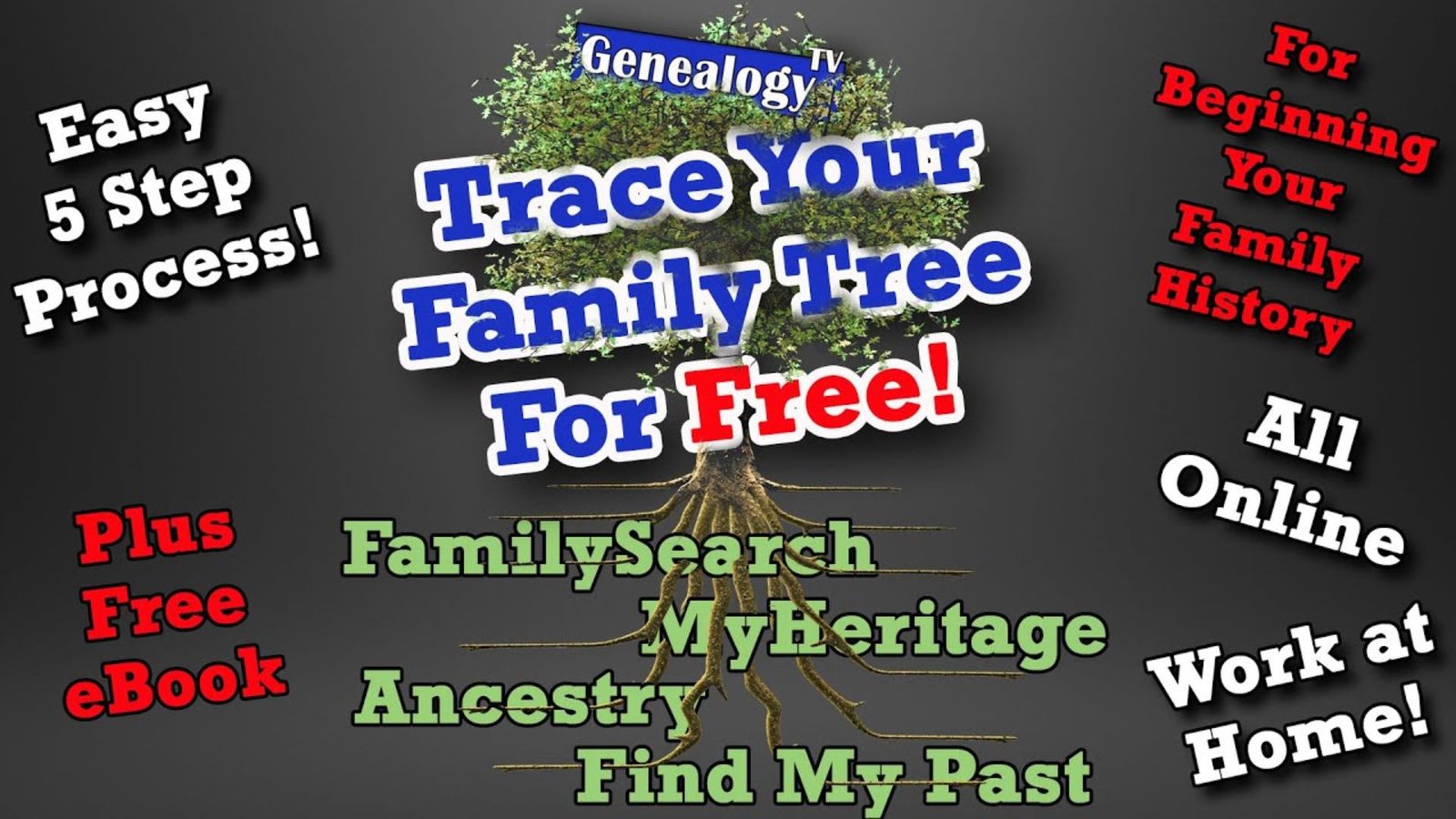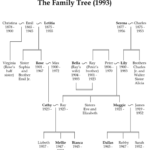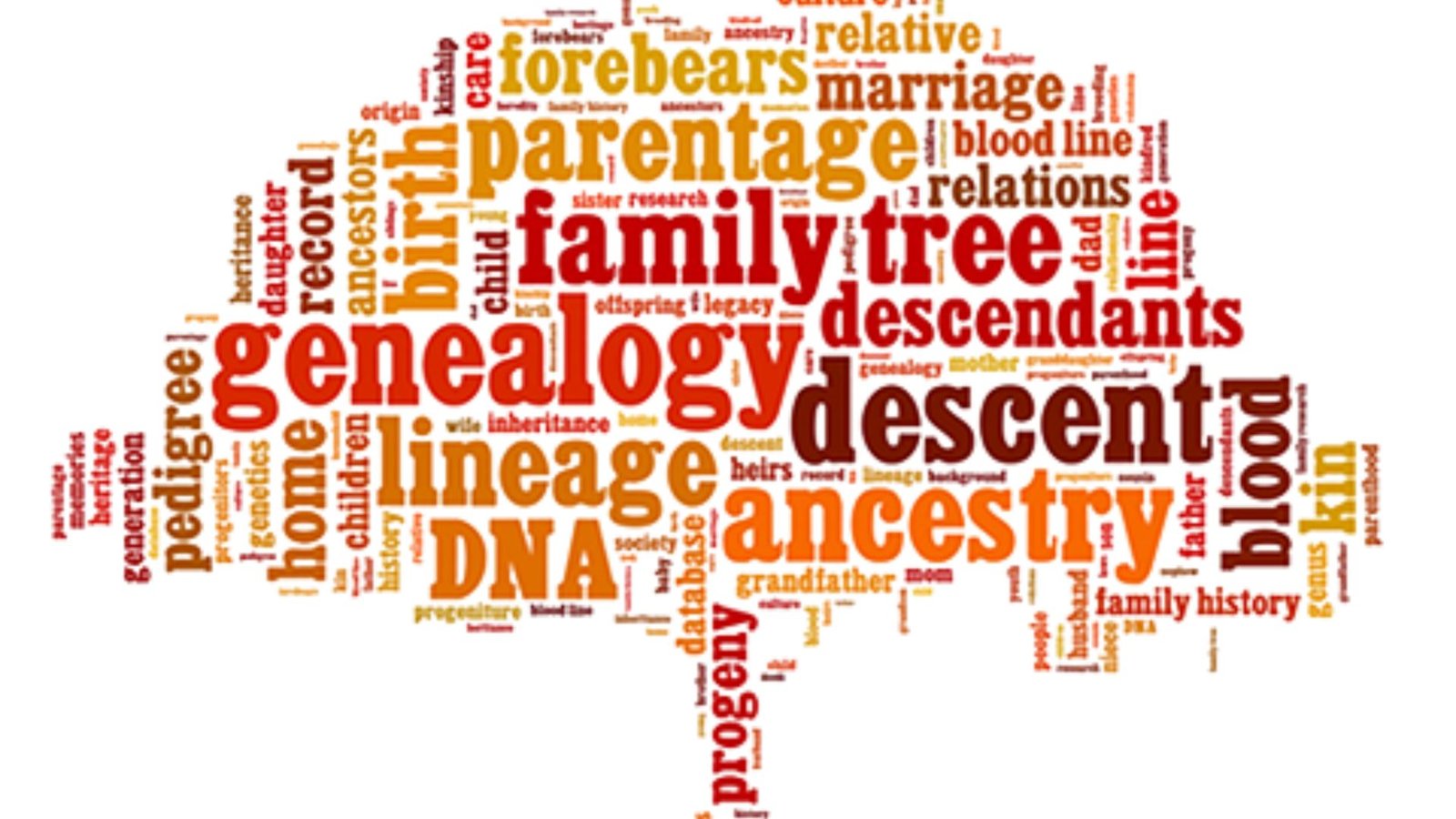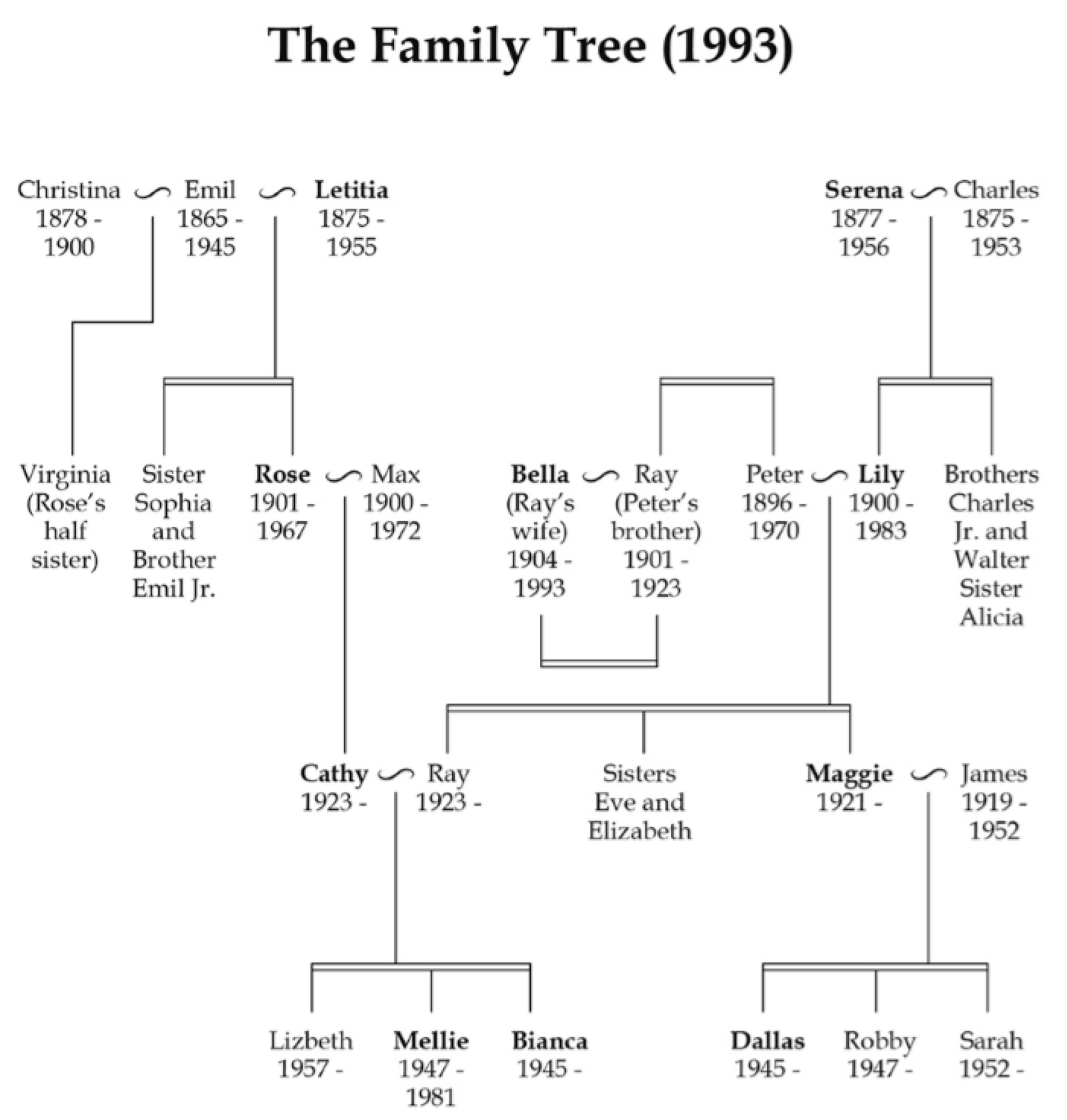Researching your family lineage has never been easier, thanks to the wealth of online resources available today. Whether you’re a beginner or an experienced genealogist, the internet provides a wide range of tools that can help you trace your family history, uncover your roots, and build a detailed family tree. In this article, we will guide you through the process of researching your family lineage online, offering tips and recommendations for getting started and staying organized.

1. Start with What You Know
Before you dive into online resources, it’s important to begin with the information you already have. Start by gathering details from your immediate family, such as names, birth dates, and any known locations or family stories. Ask relatives about important family events, such as births, marriages, and deaths. These details will form the foundation for your research.
Once you have a good understanding of your direct ancestors, you can begin to look for records and build out your family tree online.
2. Use Online Genealogy Databases
One of the best ways to research your family lineage online is by using genealogy websites and databases. These platforms offer access to billions of historical records, including birth certificates, census data, marriage records, and more. Here are some popular online tools to help you trace your family lineage:
- Ancestry.com: One of the largest and most popular genealogy websites, Ancestry.com offers access to a wide variety of records, including census records, military documents, and immigration records. It also allows you to build and store your family tree online.
- FamilySearch.org: A free resource from The Church of Jesus Christ of Latter-day Saints, FamilySearch offers access to billions of historical records and a family tree building tool. It’s one of the best free online genealogy resources available.
- MyHeritage: Similar to Ancestry.com, MyHeritage provides access to historical records, DNA testing, and family tree-building tools. It’s especially useful for connecting with relatives who share your family tree.
- FindMyPast: This site specializes in British and Irish ancestry records, making it a great resource for those with European roots. It offers access to birth, marriage, and death records, as well as census data.
By signing up for one or more of these services, you can search millions of records to uncover new details about your family lineage.
3. Search Census and Immigration Records
Census records are a goldmine for family history research. These documents provide detailed information about your ancestors, such as their names, ages, occupations, and locations. Many genealogy websites, including Ancestry.com and FamilySearch, offer access to U.S. and international census records.
If your ancestors immigrated from another country, immigration and naturalization records can provide valuable insights. These records can reveal when and where your ancestors arrived, their country of origin, and even the ship they traveled on. By searching these records, you can get a clearer picture of your ancestors’ journey and uncover more branches of your family tree.
4. Explore Vital Records and Other Official Documents
Vital records, such as birth certificates, marriage licenses, and death certificates, are crucial for confirming details about your ancestors and their families. Many of these records are available online, either through genealogy websites or government archives.
- Birth records provide birth dates, parents’ names, and sometimes their place of origin.
- Marriage records can help identify the names of your ancestors’ spouses, as well as additional family connections.
- Death certificates often include information about your ancestor’s spouse, parents, and children.
You can find these records on genealogy sites, as well as official government websites and archives.
5. Use DNA Testing to Enhance Your Research
DNA testing is a powerful tool for researching your family lineage, and it can provide valuable insights into your ethnic background and distant relatives. Several companies offer DNA testing services for genealogy, including 23andMe, AncestryDNA, and MyHeritage DNA.
By submitting a sample of your DNA, these services can trace your ethnic origins, connect you with genetic relatives, and provide clues about your family’s migration patterns. DNA testing is especially useful if you hit a brick wall in your research and need to connect with others who share your genetic markers.
Many genealogy websites allow you to integrate your DNA results with your family tree, helping you make connections and expand your lineage research.
6. Join Online Genealogy Communities
Engaging with online genealogy communities can be a helpful way to enhance your research. These communities are filled with people who share similar interests and may be researching the same family lines. Participating in these groups can help you find tips, share resources, and even collaborate with others who have information about your ancestors.
- Reddit’s Genealogy Subreddit: A large online community where you can ask questions, share resources, and find helpful advice from fellow researchers.
- Genealogy forums: Many genealogy websites, such as Ancestry.com and MyHeritage, have forums where users can discuss their findings, ask for help, and share stories.
- Facebook Groups: There are numerous Facebook groups dedicated to genealogy research, where you can connect with others, ask for help, and learn about new resources.
These online communities are a great way to stay motivated and get support during your research.
7. Stay Organized and Document Your Findings
As you research your family lineage, it’s important to stay organized and document all of your findings. Genealogy can quickly become overwhelming, with many different records, family members, and sources to track. Keeping an organized record of your research will help you avoid confusion and prevent you from duplicating efforts.
Consider using family tree software or apps to document your family’s history. Many genealogy websites, like Ancestry.com and MyHeritage, offer family tree-building tools that allow you to visually map out your lineage and keep track of your research progress.
Additionally, take notes on each source you consult, including the website, the record you accessed, and the date you viewed it. This will help you verify your information and avoid errors.
8. Verify Your Findings and Cross-Check Sources
While online genealogy resources are incredibly helpful, it’s important to verify your findings. Always cross-check information across multiple sources to ensure accuracy. Some records may be incorrect or misinterpreted, so it’s essential to double-check with other available documents and sources before adding new details to your family tree.
Also, consider reaching out to other people who have researched the same family lines. They may have valuable insights or documents that you haven’t yet discovered.
Conclusion
Researching your family lineage online is an exciting and rewarding process that can help you uncover your roots and connect with your ancestors. By using online genealogy databases, exploring official records, and utilizing DNA testing, you can build a comprehensive family tree and discover hidden branches of your family history. With dedication and the right tools, your online genealogy research can lead to fascinating discoveries and a deeper understanding of your heritage.











